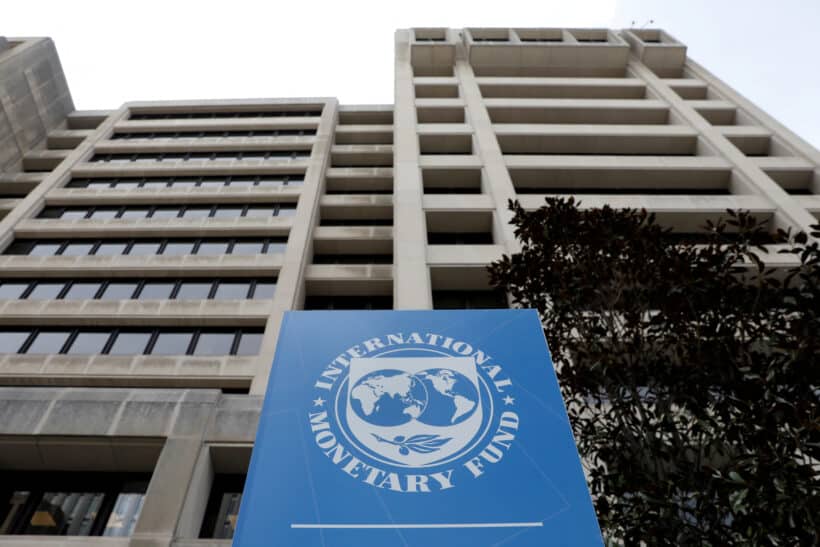
KAMPALA, Sept 12 (Reuters) – The start of commercial crude oil production in Uganda is expected to propel economic growth into double digits in the next financial year, the International Monetary Fund (IMF) said.
Uganda’s economy would race to 10.8% growth in the 2025/2026 fiscal year which starts in July, up from a projection of 6.2% in the previous period, the IMF said in a report published late on Wednesday.
“Growth is expected to strengthen, boosted by the start of oil production, which will make (a) lasting improvement (to) the fiscal and current account balances,” the IMF said in the report.
After nearly 20 years of delay, the east African country is finally expected to commence production and export of crude oil next year from fields in its west.
Commercial reserves were discovered in 2006 but a range of factors including disputes with oil firms over development strategy and lack of requisite infrastructure had delayed production.
At peak Uganda is seen pumping 240,000 barrels of oil per day from its reserves, which are estimated at 6.5 billion barrels.
The IMF said Uganda’s foreign exchange (FX) reserves had continued to decline, and urged intervention by the central bank including a “reduction in government imports, along with stepped up FX purchases and greater exchange rate flexibility.”
The country’s FX reserves fell to $3.2 billion in June, down from $3.7 billion in December 2023, because of the high cost of servicing debt, the government’s inability to secure cheap credit, and limited hard currency purchases, the IMF said.
(Reporting by Elias Biryabarema; Editing by Hereward Holland and Lincoln Feast.)

